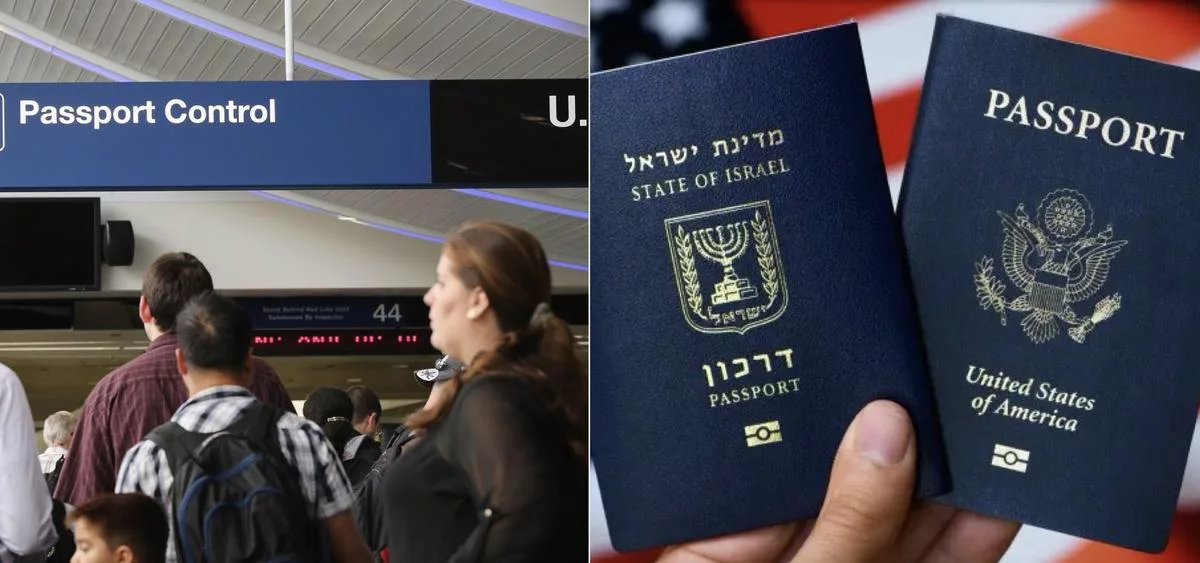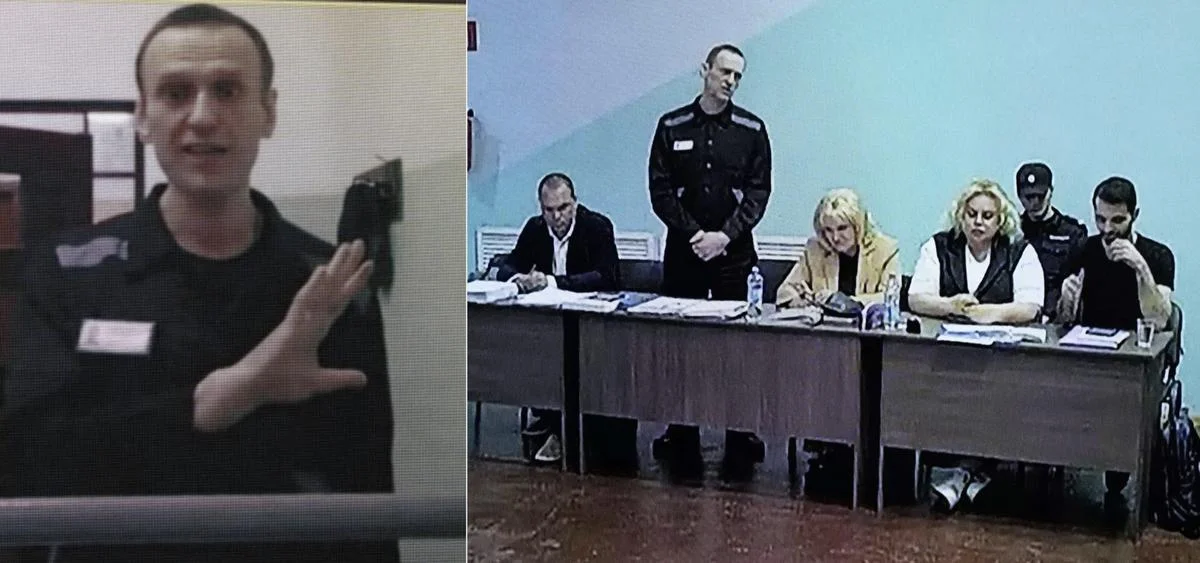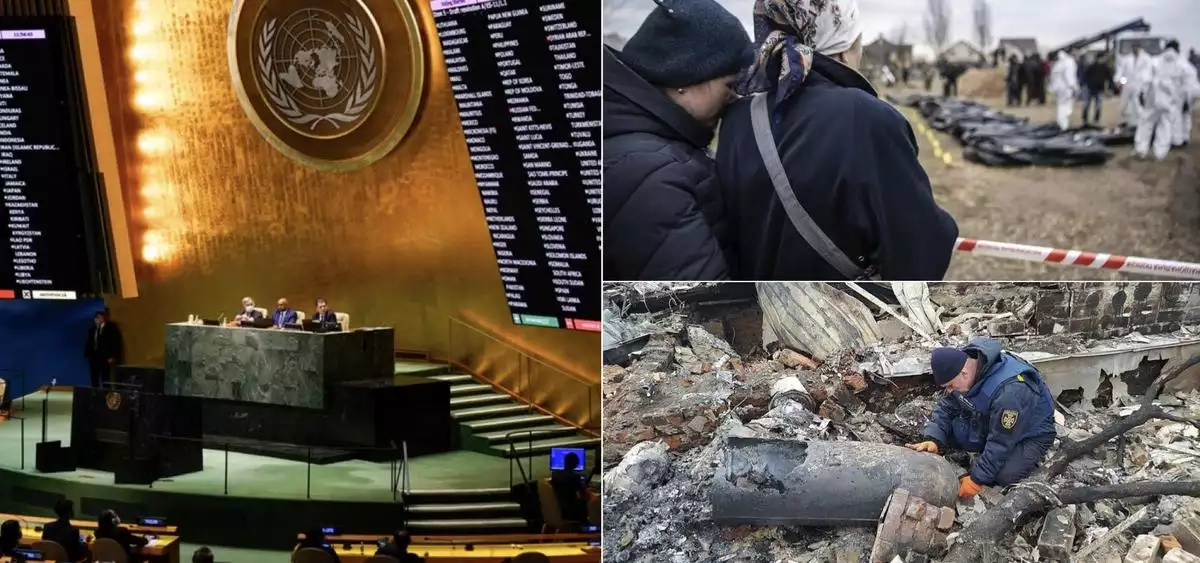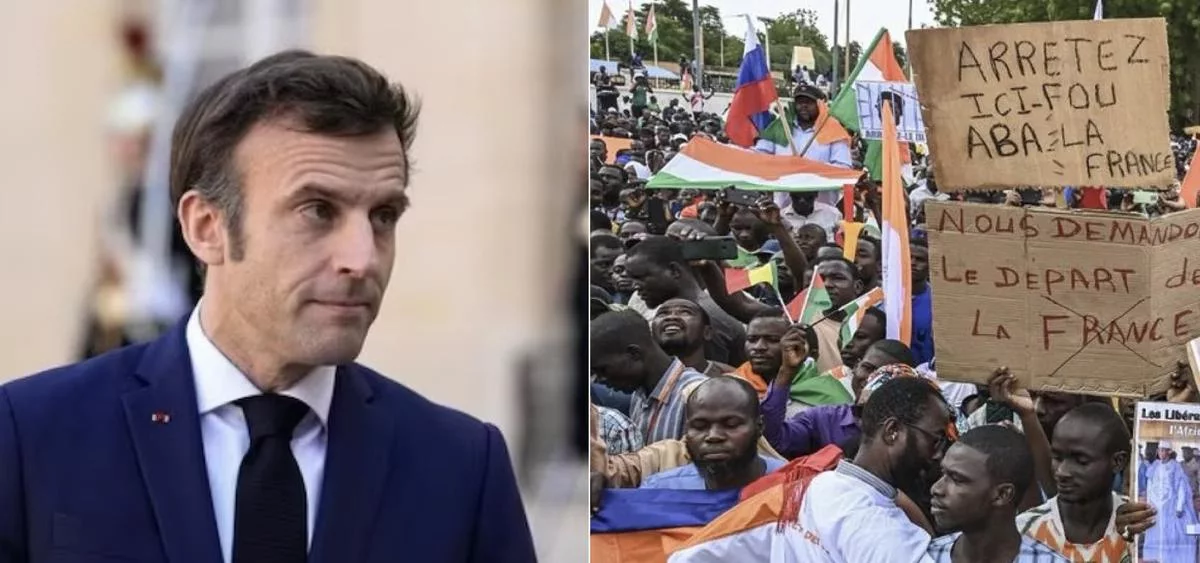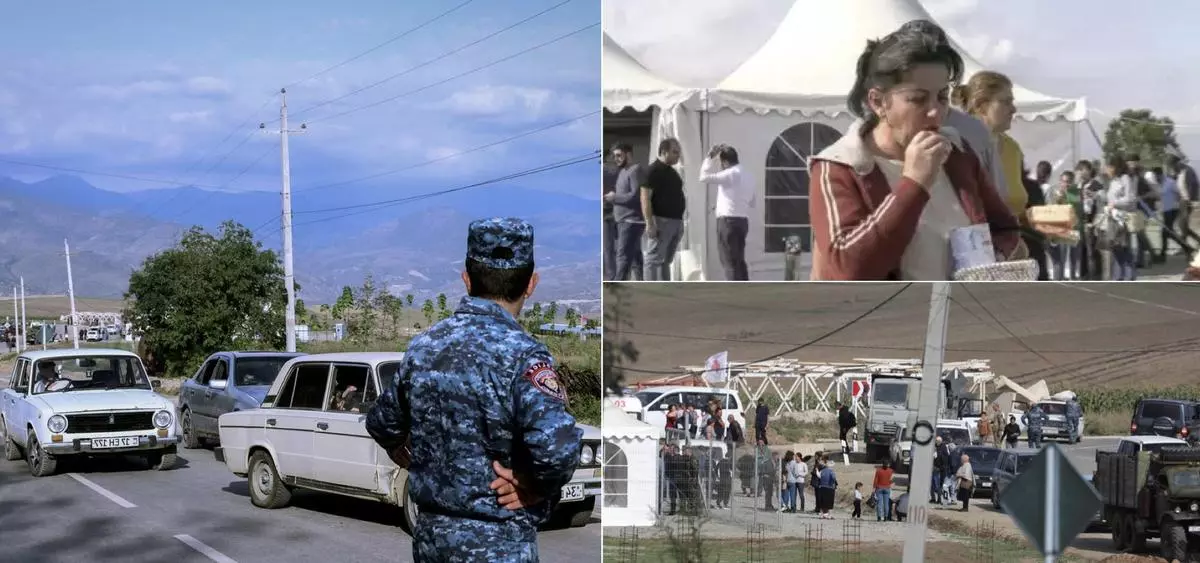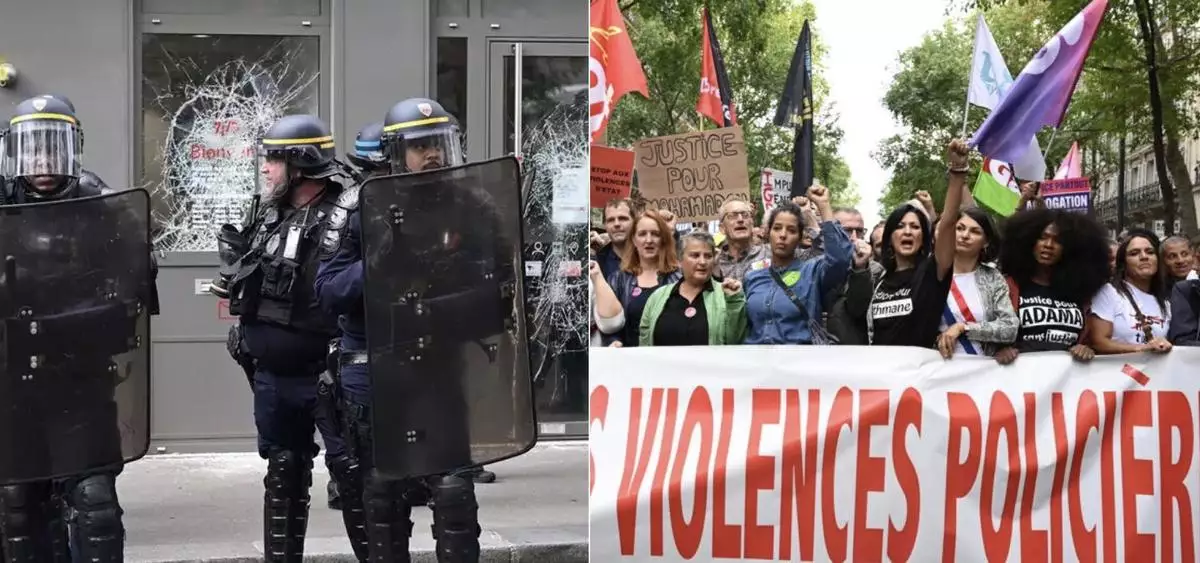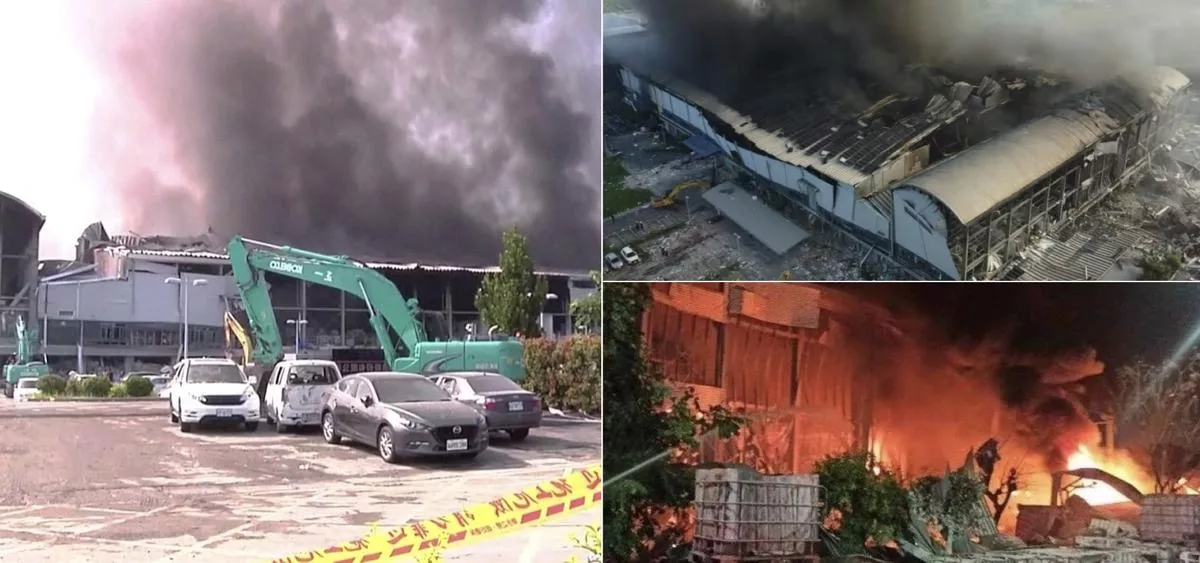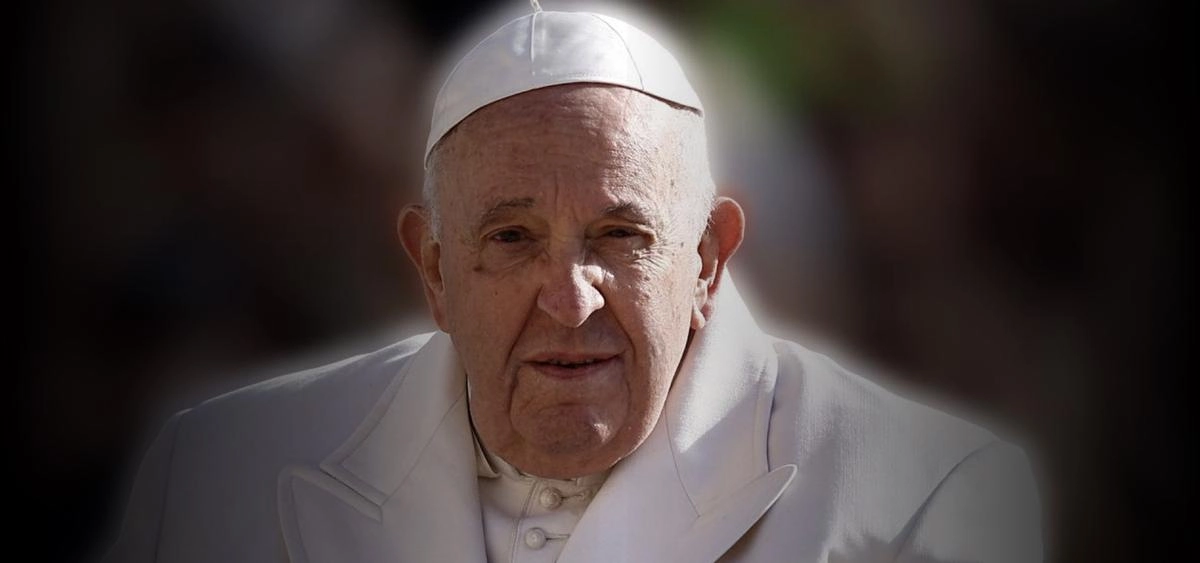Thousands of Israeli reservists unite in a powerful demonstration of dissent, rejecting the government’s contentious decision on judicial reform

Credit: Google
A seismic shift is underway in Israel as thousands of military reservists stage a mass resignation, expressing their dissent over the government’s decision to implement a controversial judicial reform law. This move comes as a significant blow to Israel’s defense capacity and unity, with reservists at the forefront of a growing nationwide protest.
The law, which curtails judicial power and has sparked widespread social unrest, was passed by the Parliament, pushing many reservists to make the difficult decision to leave their positions. The government’s attempt to bolster the power of elected lawmakers at the expense of the Supreme Court has deepened divisions in the country, pitting those with a more secular and pluralist vision against those advocating for a more religious and nationalist view.
#BREAKING #Israel #IsraelProtests JUST IN: Anti-government protests are happening again in Tel Aviv, Israel. pic.twitter.com/ghj7wF06Hr
— National Independent (@NationalIndNews) July 29, 2023
As a result of the ongoing protests and mass resignation, Israel faces potential challenges to its combat readiness. Notably, the air force, heavily reliant on reservist pilots with extensive experience, is among the sectors impacted, with several squadrons grounded due to a shortage of flying instructors.
The issue has elicited concerns from Israel’s allies, including the United States, and has also prompted reactions from other sectors. Business leaders are contemplating divestment, while many Israelis are contemplating emigration.
The growing dissent stems from a sense of mission and unity that has historically united Jewish citizens around the defense of their nation. With reservists voicing their opposition and departing from their crucial roles, this shared sense of purpose is under threat.
However, the government remains firm in its stance, stating that the reform strengthens democracy by rebalancing the relationship between elected officials and the judiciary.
The protests, which have been ongoing for months, have brought to light a deepening fissure in Israeli society, with tensions between different religious and political factions becoming more pronounced. Some reservists fear that the government’s policies may lead to actions that could be viewed as violations of international law, thereby exposing them to potential prosecution.
The military high command acknowledges the impact of these resignations on the cohesion of the standing army. General Herzi Halevi emphasizes the importance of preventing further divisions and maintaining the purpose of the Israel Defense Forces: protecting the country and ensuring its existence.
As protests continue across the nation, with cities like Tel Aviv witnessing significant turnouts, opposition leaders remain skeptical about the potential for fruitful negotiations with the government. The judicial reform package also includes changes to the appointment of judges and the status of legal advisers attached to ministers.
The Supreme Court has received multiple petitions contesting the law, and hearings are scheduled for September. With the legislative process currently on hold during parliament’s summer recess, Prime Minister Benjamin Netanyahu pledges to engage in negotiations with an open mind.
The situation has led to an emotional toll on individuals and families, with some feeling a deep sense of disconnection from the values and principles they had once shared. The clash between opposing viewpoints is driving the country into uncharted territory, raising concerns about the future trajectory of Israel’s democracy and national identity.
The mass resignation of Israeli reservists and the escalating protests highlight the deepening rift within the nation as the government implements a controversial judicial reform law. The situation has implications for Israel’s defense capacity, unity, and international relations, with citizens and military personnel at odds with the government’s decisions. As the political landscape remains tense, Israel faces significant challenges in reconciling competing visions for its democracy and charting a path forward that can bridge the widening divides.
RELATED NEWS
WEB STORIES FOR YOU
Stay connected with Today On Globe for the latest Global Issues and News Updates.
Explore more related articles at [TOG News / TOG Article]









